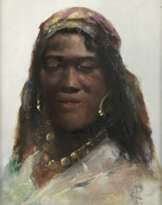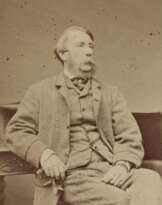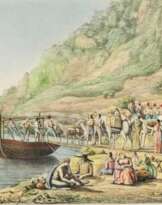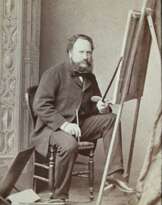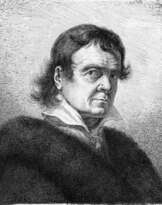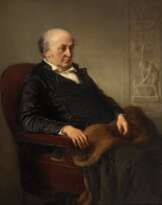Bedřich Smetana (1824 - 1884)
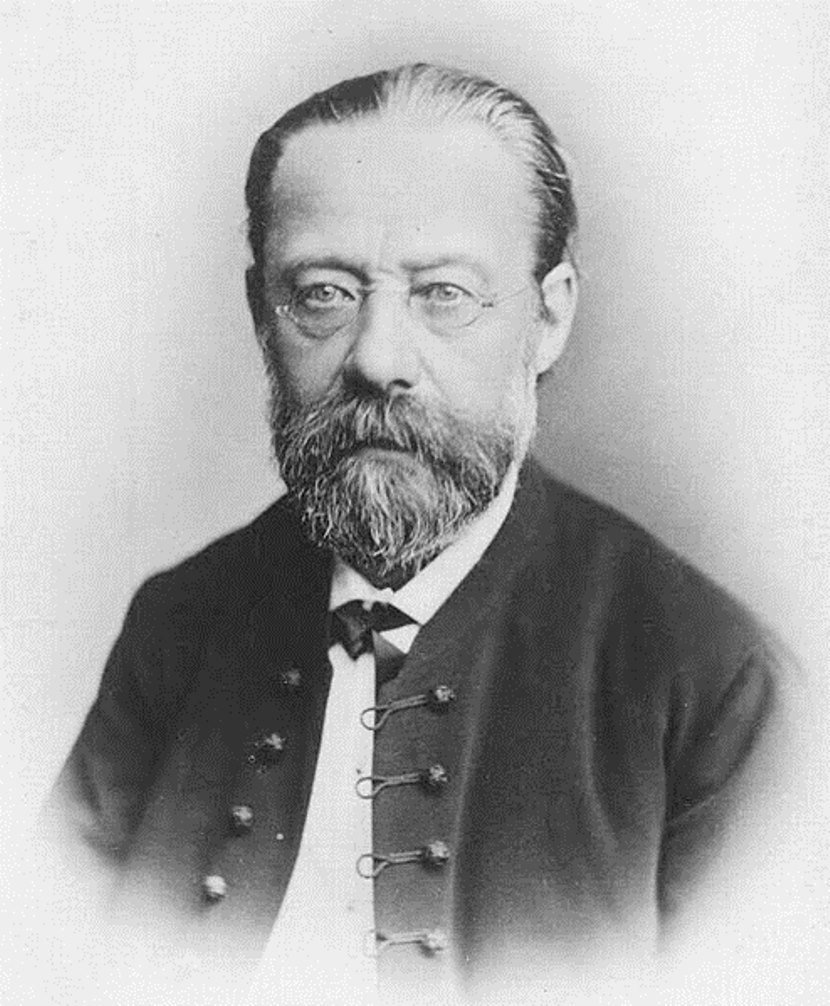
Bedřich Smetana
Bedřich Smetana, baptized Friedrich, was a prominent Czech composer, pianist and conductor, and the founder of the Czech national school of composition.
Smetana studied music under his father, who was an amateur violinist, and also began piano lessons early and performed as early as the age of six. He later became a music teacher and opened a piano school in Prague in 1848. Smetana was a recognized piano virtuoso.
In 1856 Smetana wrote his first symphonies and in the same year was appointed conductor of the philharmonic of Gothenburg (Sweden), where he remained until 1861, and then, returning to his homeland, he became one of the founders of the national opera theater. Smetana's first opera, The Brandenburgers in Bohemia, was staged in Prague in 1866, and in the same year the public saw his second opera, The Sold Bride, and he gained a reputation as the national Czech composer.
By the end of 1874 Smetana had gone completely deaf, but for several years he continued to create: he wrote a cycle of six symphonic works, concertos, many piano pieces and other works. Smetana's works, in particular The Sold Bride, My Country and the Piano Trio, are still performed all over the world.
Bedřich Smetana is rightly considered the founder of the national school of composition: he was the first composer to use Czech folk themes and motifs in his works, and the opera Brandenburgers in Bohemia was written entirely in Czech for the first time. Smetana's work had an enormous influence on Czech composers of subsequent generations - Antonín Dvořák and Zdeněk Fibich - and the symphonic poem Vltava from the cycle My Homeland became the unofficial Czech national anthem.
| Date and place of birt: | 2 march 1824, Leitomischl, Austrian Empire (1804-1867) |
|---|---|
| Date and place of death: | 12 may 1884, Prague, Czech Republic |
| Period of activity: | XIX century |
| Specialization: | Composer, Educator |
| Art style: | Romanticism |



